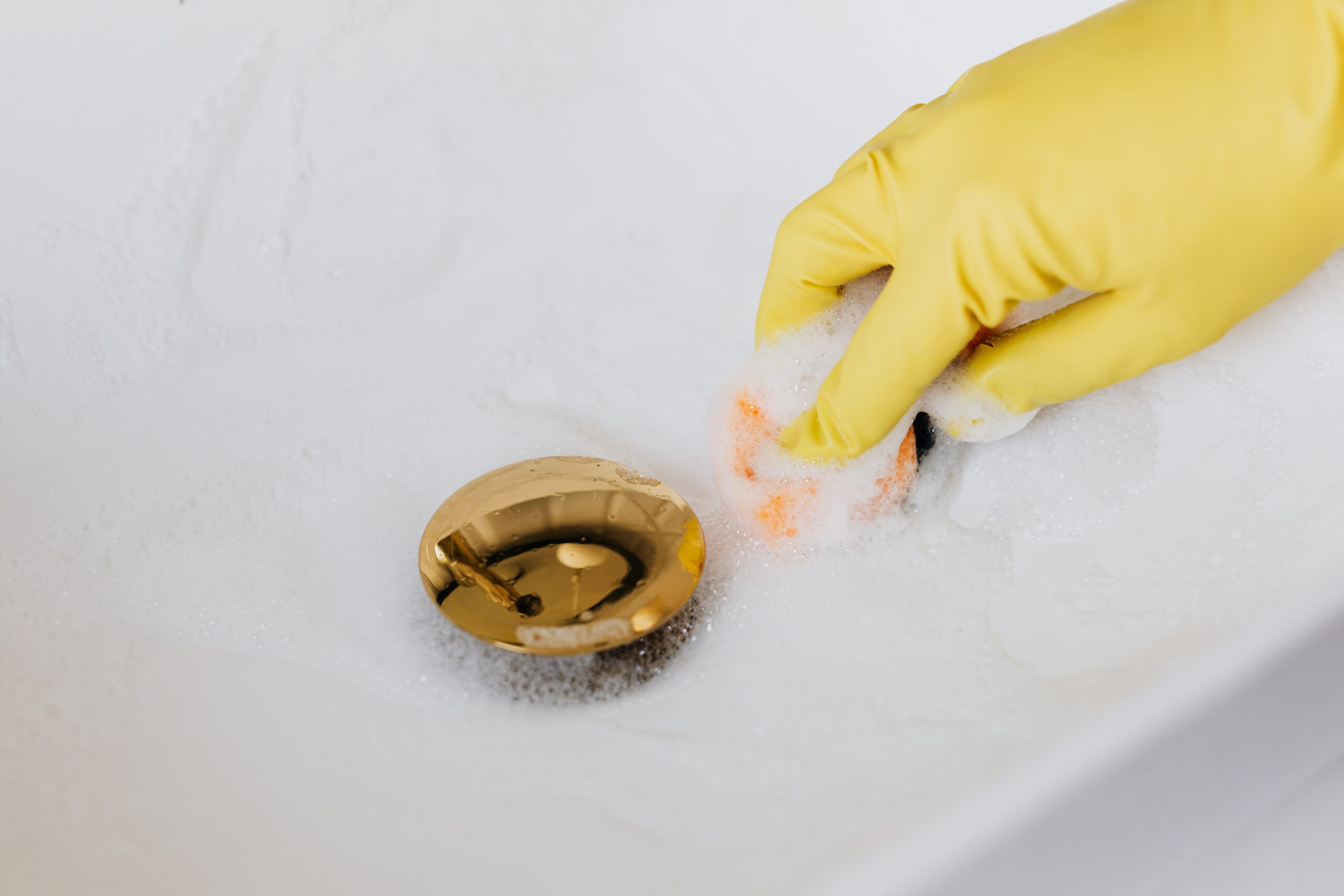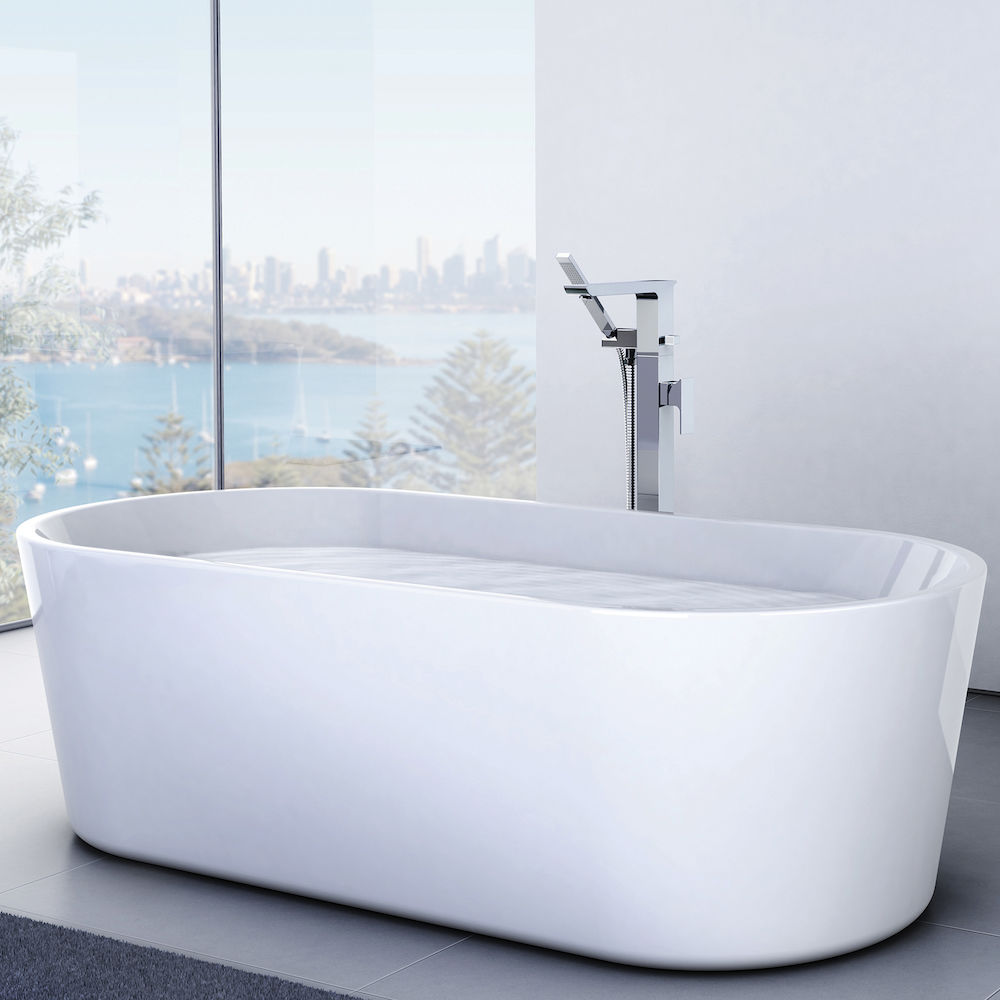Table of Contents
For a significant period of time now it’s been possible to filter out, among many other elements, fluoride from our drinking water. But should we? It’s not a straightforward question to answer. Before we attempt a decision on the matter, we’ll run over some of the history behind fluoridation in an attempt to discern the reasons behind its addition. Then we’ll see how those reasons stand up to analysis. Finally, we’ll see what can be done about it and why some think that filtered water is better than straight tap water.
What is fluoride? What does it do in water?
Fluoride’s one of those chemicals that always gets a reaction. And a heated one at that, with both pro and anti camps getting very irate. The reason for its inclusion in our water supply goes back to the 1940s. Tooth decay was rampant. Processed, highly-sugared foods were really taking off, and people weren’t doing the things they needed to to counter the effects. So, plaque and erosion were commonplace, with interventions such as extractions all too commonplace.
With this dire dental diorama as the backdrop, governments started looking for solutions as a matter of high priority. They couldn’t have debilitating tooth problems affecting vast swathes of their populations. So, when lab results suggested that fluoride in water would be the magic bullet that did for decay, the US government was convinced enough to be the first to start adding it to the tapwater in Grand Rapids, Michigan, in 1945.
Australia followed suit with its drinking taps in 1953, and nowadays about 70% of the drinking water supply in Australia is reckoned to be artificially fluoridated.
What about the rest of the world?
America and Australia are far from the only countries to do this. It’s also carried out in countries such as Canada, Malaysia, Brazil and the Republic of Ireland. There’s also a slew of countries that have naturally occurring fluoride in their water (that’s present in the form of calcium fluoride, chemical compound fans will be eager to note). The upshot is that there’s evidence from these countries that fluoride does what it’s intended to. But is it as simple as that? Is fluoride bad for you? Why do some think that filtered is the way to go? Let’s see.
What are the advantages and disadvantages?
Advantages
Well, the big advantage is that it seems to work. Tooth decay in general and cavities in particular have declined markedly since the introduction of artificial fluoridation.
Moreover, the city of Juneau (capital city of Alaska, US) gave researchers the opportunity to look further into effects when it opted to discontinue fluoridation. This meant that buccal boffins could trace the effects of taking fluoride away from a previously fluorided population.
What did they find? They found that young people growing up during the fluoride years were 25% less likely to have to have any dental caries (poshspeak for tooth decay) procedures than their non-fluoridey counterparts. What’s more, it was found that removing the fluoride resulted in a 73% increase in dental care costs per individual.
It’s results like this that underpin the World Health Organisation’s position, which is that, in moderation, fluoride is beneficial to human health. What does moderation mean? 0.5 to 1.5 milligrams per litre. For those who struggle to envision this quantity, you should know that Australia limits its fluoride levels to 1.5 mg/l, so the country’s in the WHO-decreed safe zone (just).
So, all good, right? Fluoride’s great for teeth and the Australian NHMRC ensures there’s not too much of it sloshing around in the water. Hold on though. There’s another side to the story.
Disadvantages
It’s been observed that tooth decay has fallen in pretty much every country, whether they add fluoride to the water supply or not. Why’s this? Mainly because of education and changed practice: people are just more tooth-savvy now than they ever were and brushing, flossing and mouthwashing have become the holy trinity of happy mouths everywhere.
It should also be borne in mind that fluoride not only exists naturally, it is also present in most toothpastes and other toothcare products, so people are exposing themselves to levels of fluoride that are above the rates approved by WHO.
Why does this matter? Well, fluoride’s not the wonder chemical you might think it is. It has a less benign side. What can it do that’s not so welcome? It’s been linked to conditions as serious as osteosarcoma, a type of cancer that starts in the bones. It’s also connected to dental fluorosis, which affects the appearance of the tooth.
Apart from these effects, is it wise or even ethical to add, wholesale across everyone’s drinking water supply, a drug that might not be as effective as it’s painted to be? OK, there are safe limits applied, but these are only safe if one drinks an average amount of tapwater. If you guzzle it by the gallon, your fluoride dose is going to be proportionately higher.
Finally, the most effective application for fluoride is topical, not systemic. In other words, stick it on your teeth then spit it out. Yes, just like with toothpaste.
It’s these reservations that have encouraged some bodies, such as the European Commission to report no definitive advantage to be gained from adding fluoride. And this is why some people are taking matters into their own hands, using a fluoride filter.
How can you remove it if you want to?
Should you decide that fluoride’s not for you, there’s an easy solution to how to remove fluoride from tap water. Filter it. Filtration systems are now highly efficient and don’t necessarily cost an arm and a leg.
Systems are easy to install and can slip unobtrusively under the sink, or sit neatly on a counter top. They’re simple to use (once they’re in place you don’t really have to do very much apart from replacing the cartridge every 12 months) and very reliable. There are a number of varieties out there, including carbon filter and reverse osmosis types, so it’s worth researching them so that you choose the best one for your needs.
The great news is that with a water filtration system, you not only get rid of fluoride and other chemicals such as chlorine, you also end up with better tasting water. Cheers!
Who can help with your water filtration needs?
Before you take the plunge into fluoride free water, go check out The Plumbing Store. They’ve got the goods and the knowhow to make sure you end up with the system that’s right for your needs.





